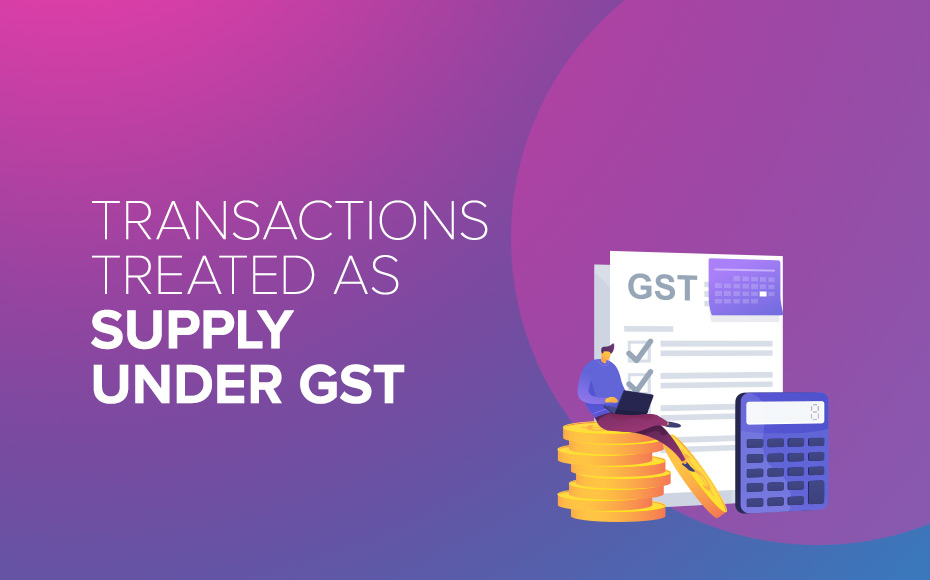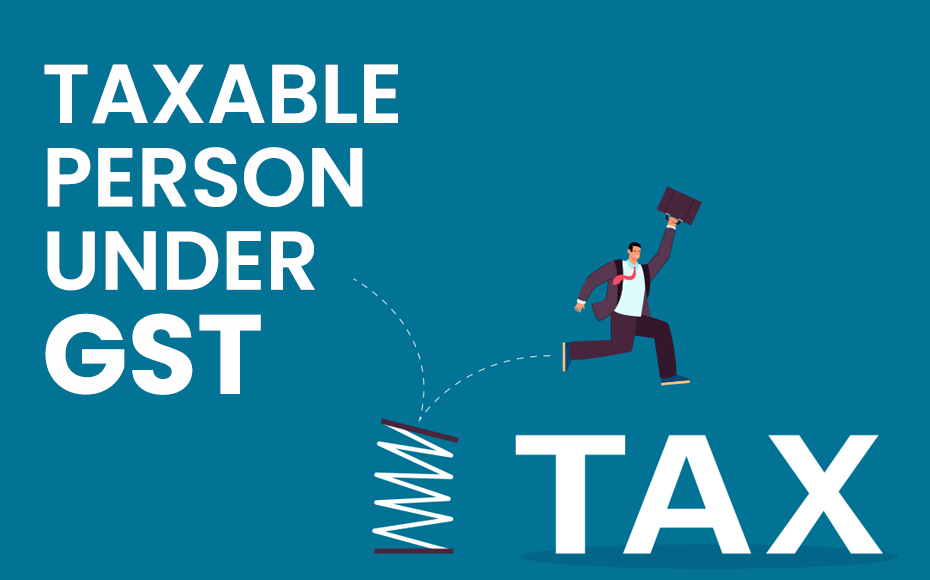

February 26, 2021

The concept of supply is the willingness of the person to create goods and services to the market. The definition of supply under GST schedule 7 is that the expression supply includes all forms of supply of goods or services such as rental, sale, transfer, bartar etc. which is made for the purpose of business. On the basis of definition of supply under GST schedule 7 a taxable supply under GST can be defined as supply of goods and services which are eligible to pay tax.
Section 2 (108) defines the expression taxable supply under GST as supply of goods or services or both which is leviable to tax under this act. What is Taxable service has been defined under Section 66B,(51) as any service on which service tax is leviable under Section 66B.
Under consideration most transactions of supply are done. In such cases, the supply under GST is calculated on the basis of consideration. Transactions Treated as Supply under GST are mostly between parties which are related or between an agent and a principal. In some cases, supply of goods is made without consideration.
The below described type of supply without consideration under GST is taxable. The person who is doing any business transactions in any of these types should be aware about the tax and satisfy it accordingly.
A firm can transfer their assets without consideration by gifting, impairment, write-off etc. If the person is using input tax credit, then it becomes supply without consideration under GST. If the person maintained goods and gives for a private purpose, it can be applied as supply, whether considered or not GST shall apply.
GST is applicable to below listed people who can be termed as related persons in supply under GST:
An agent must be registered under GST. He or she can be considered as supply without consideration if he or she meets the following criteria:
If a registered person carries out an import from any of his organization from abroad, it will be considered as supply without consideration and he will be charged on a reverse charge basis.
Following are the different types of supply in GST
This categorization of supply under GST is based on certain factors. On the basis of place of supply under GST it is divided into Inter-state supply and Intra-state supply. According to the place of supply under GST the levy is determined.
Read in Detail:
Classification of Supply under GST




